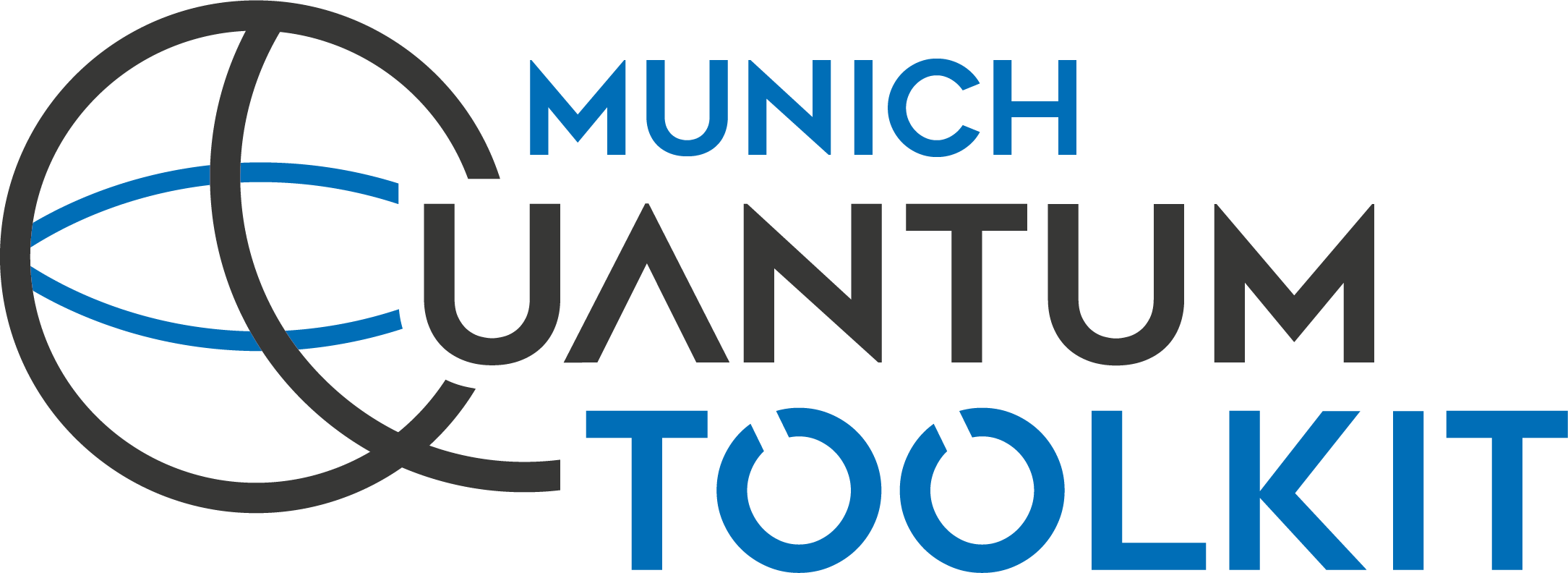
The MQT Core library forms the backbone of the quantum software tools developed as part of the Munich Quantum Toolkit (MQT) by the Chair for Design Automation at the Technical University of Munich. This includes the following tools:
- MQT DDSIM: A Tool for Classical Quantum Circuit Simulation based on Decision Diagrams.
- MQT QMAP: A Tool for Quantum Circuit Mapping.
- MQT QCEC: A Tool for Quantum Circuit Equivalence Checking.
- MQT QECC: A Tool for Quantum Error Correcting Codes.
- MQT DDVis: A Web-Application visualizing Decision Diagrams for Quantum Computing.
- MQT SyReC: A Tool for Synthesis of Reversible Circuits/Quantum Computing Oracles.
For a full list of tools and libraries, please visit the MQT website.
If you have any questions, feel free to create a discussion or an issue on GitHub.
mqt.core is available via PyPI for all major operating systems and supports Python 3.8 to 3.12.
(venv) $ pip install mqt.coreThe following code gives an example on the usage:
from mqt.core import QuantumComputation
qc = QuantumComputation(2, 2)
qc.h(0)
qc.cx(0, 1)
qc.measure(range(2), range(2))
print(qc)Detailed documentation and examples are available at ReadTheDocs.
MQT Core encompasses:
MQT::Core: An intermediate representation (IR) for quantum computations including means to import and export circuits in various formats.MQT::CoreDD: A fully-fledged decision diagram (DD) library for quantum computing.MQT::CoreZX: A library for working with ZX-diagrams and the ZX-calculus.MQT::CoreECC: A library for working with error correcting codes (ECCs) for quantum computing.MQT::CorePython: A Python interface for the MQT Core library (e.g., facilitating the import of Qiskit QuantumCircuits).
Building (and running) is continuously tested under Linux, MacOS, and Windows using the latest available system versions for GitHub Actions. However, the implementation should be compatible with any current C++ compiler supporting C++17 and a minimum CMake version of 3.19.
MQT Core relies on some external dependencies:
- nlohmann/json: A JSON library for modern C++.
- boost/multiprecision: A library for multiprecision arithmetic (used in the ZX package).
- google/googletest: A testing framework for C++ (only used in tests).
- pybind/pybind11_json: Using nlohmann::json with pybind11 (only used for creating the Python bindings).
CMake will automatically look for installed versions of these libraries. If it does not find them, they will be fetched automatically at configure time via the FetchContent module (check out the documentation for more information on how to customize this behavior).
It is recommended (although not required) to have GraphViz installed for visualization purposes.
If you want to use the ZX library, it is recommended (although not strictly necessary) to have GMP installed in your system.
The Munich Quantum Toolkit has been supported by the European Research Council (ERC) under the European Union's Horizon 2020 research and innovation program (grant agreement No. 101001318), the Bavarian State Ministry for Science and Arts through the Distinguished Professorship Program, as well as the Munich Quantum Valley, which is supported by the Bavarian state government with funds from the Hightech Agenda Bayern Plus.







